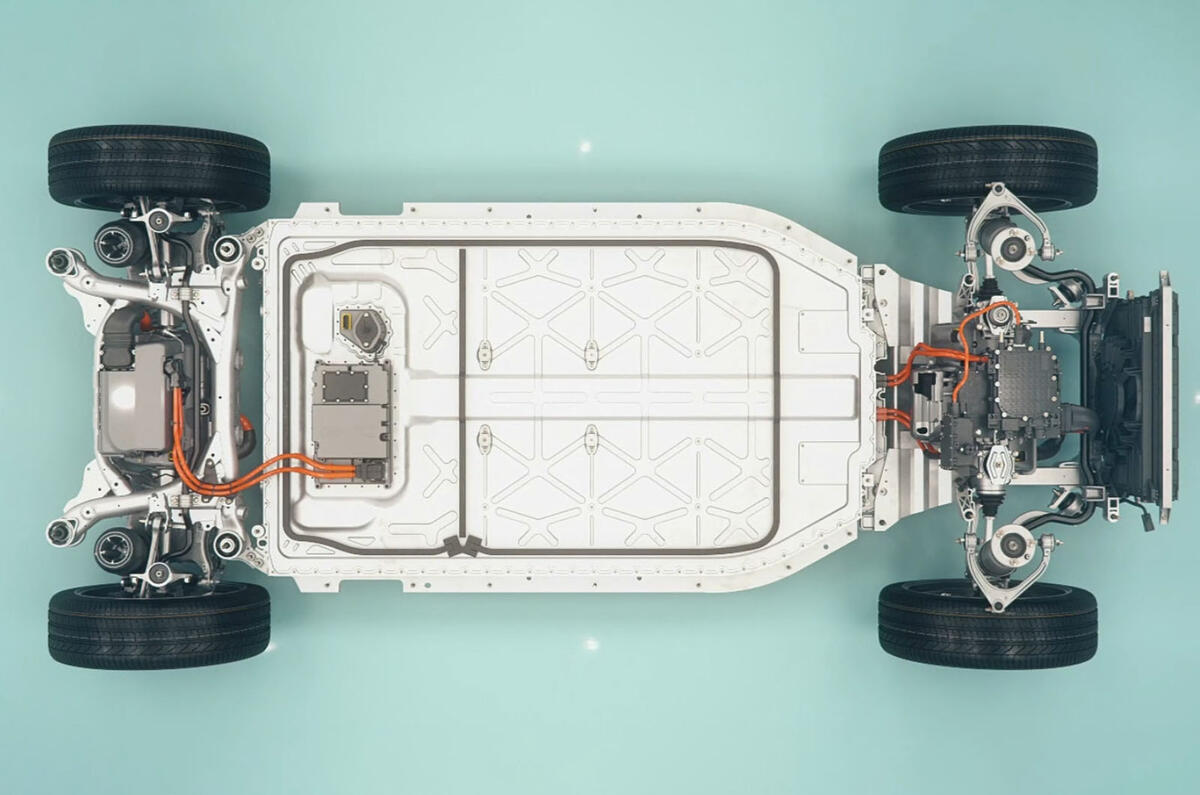Jaguar Land Rover will not build its own electric vehicle battery factory, company CEO Adrian Mardell has confirmed.
JLR has been linked with several gigafactory sites across the Midlands and beyond over recent years but has now confirmed it will instead become the “anchor partner” of a planned gigafactory by its parent company, Tata. This factory will be in Europe, but not necessarily in the UK.




Join the debate
Add your comment
Rules of Origin.... Oh.